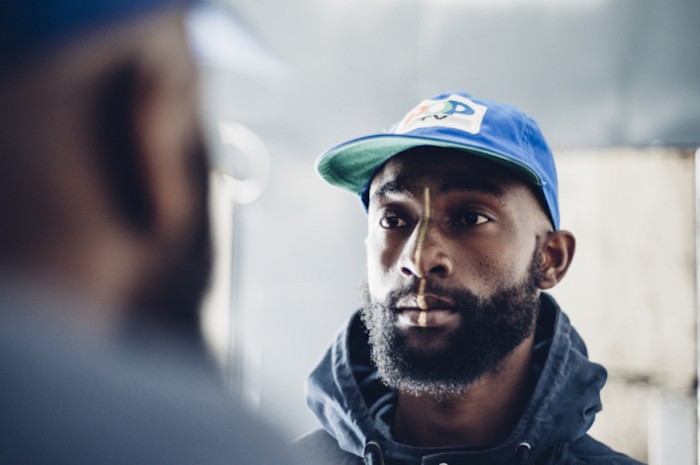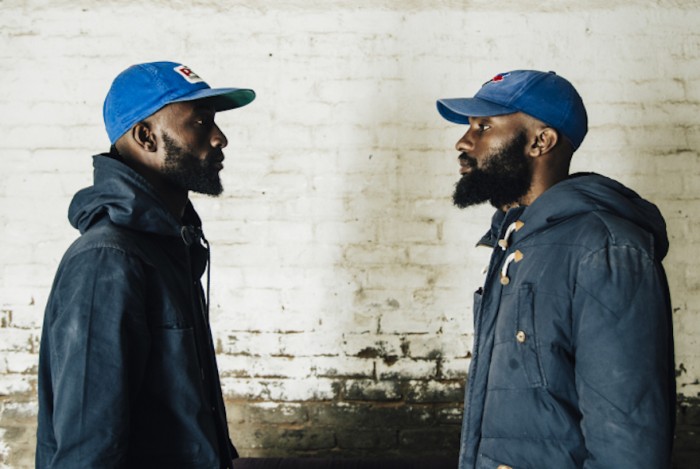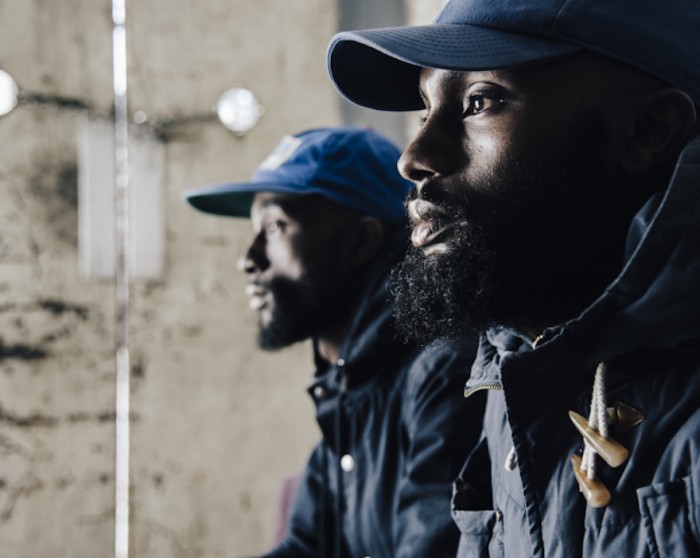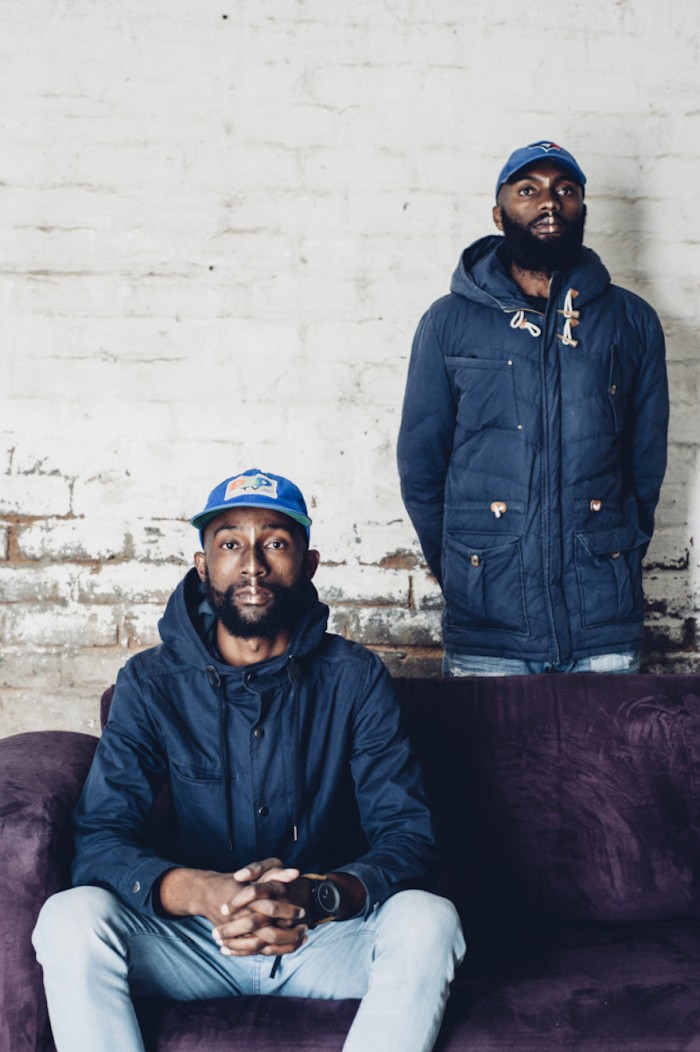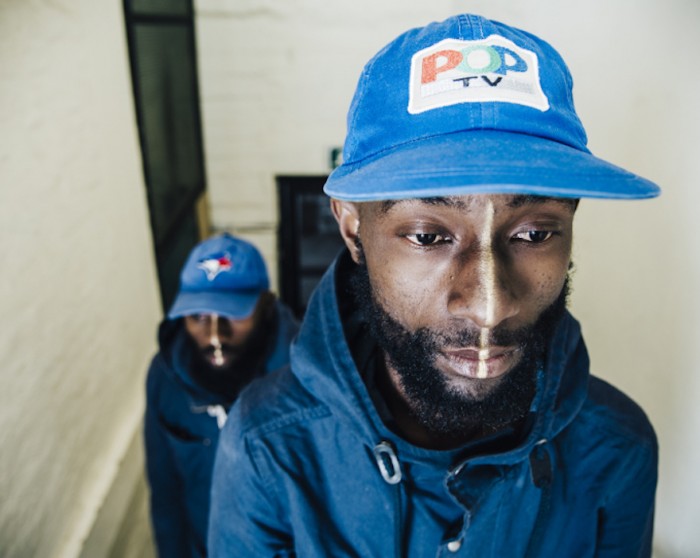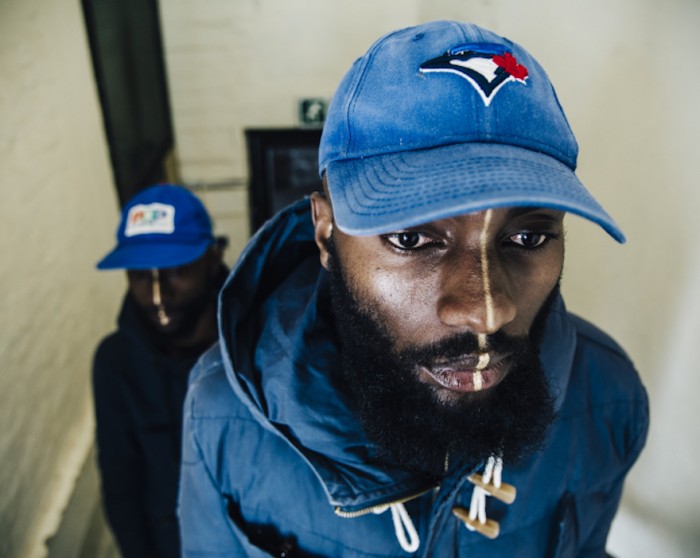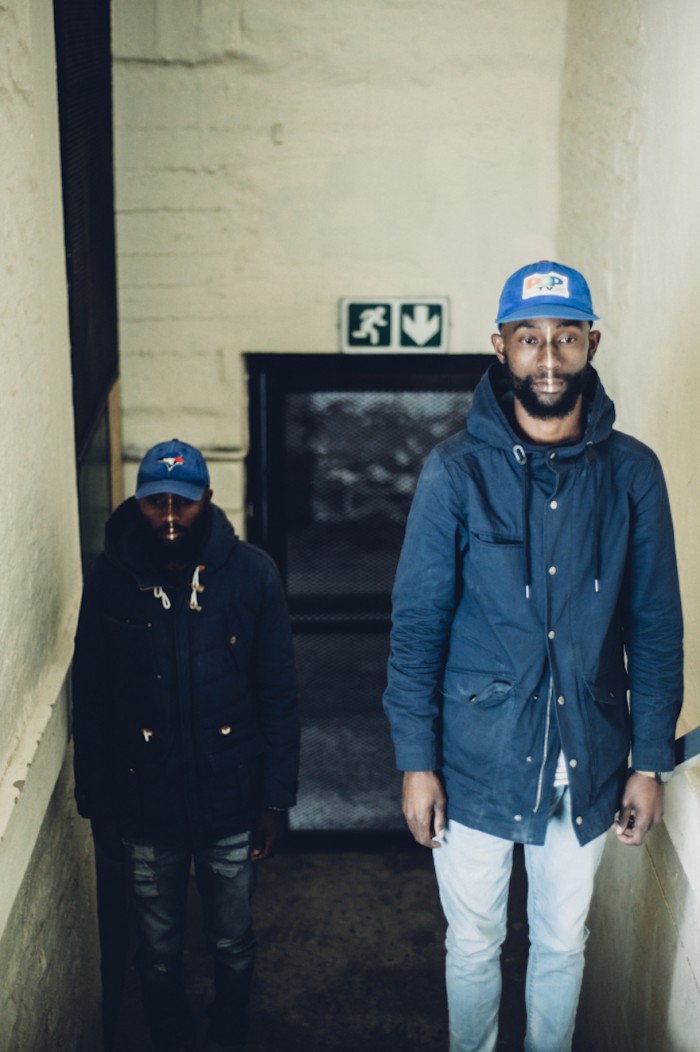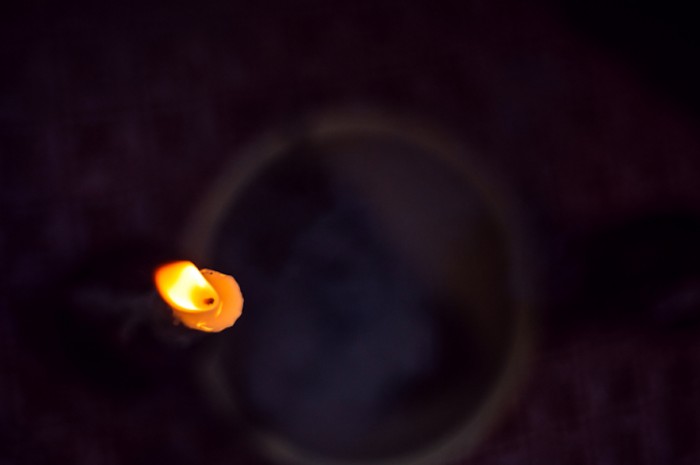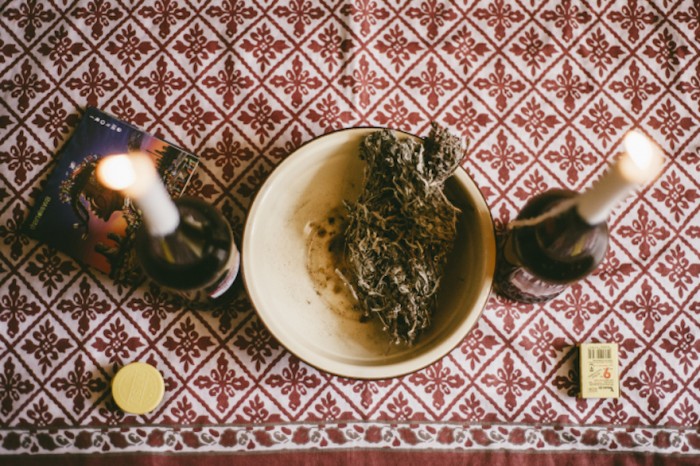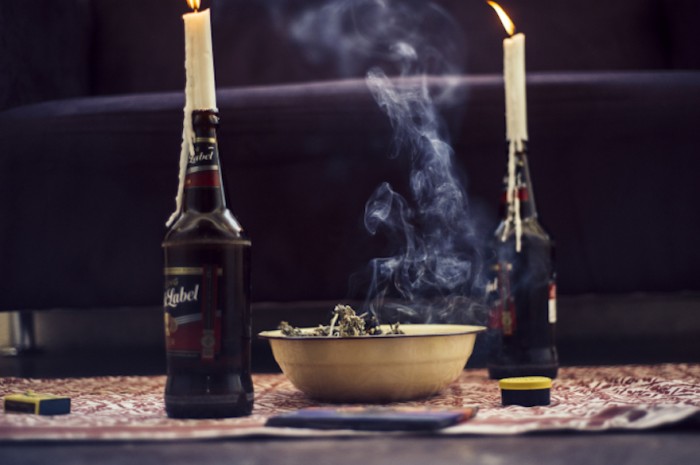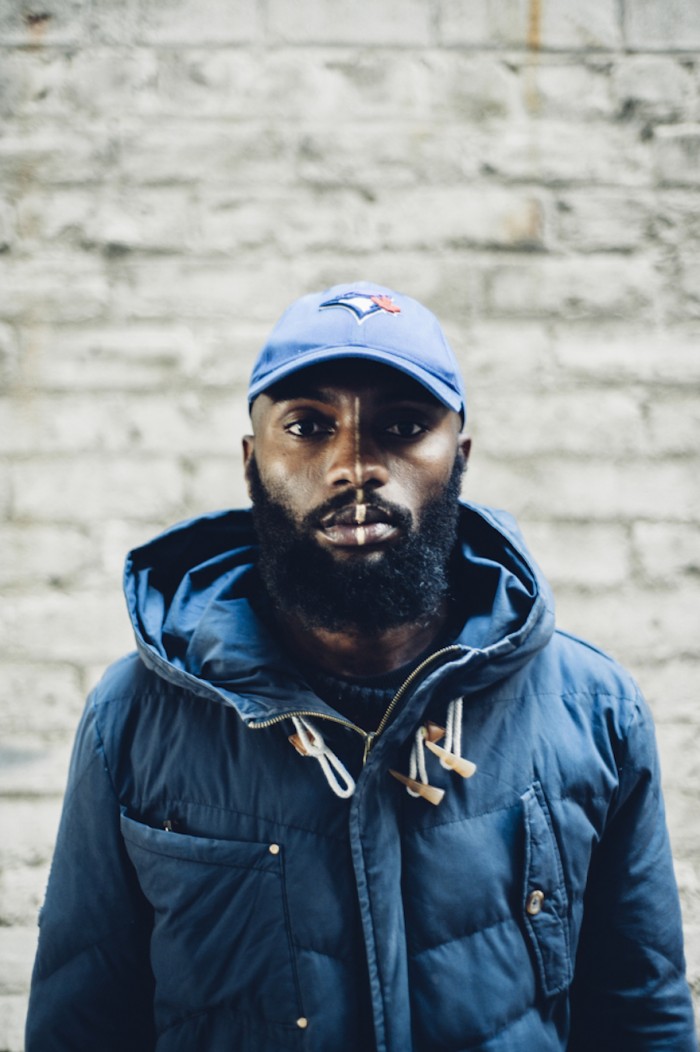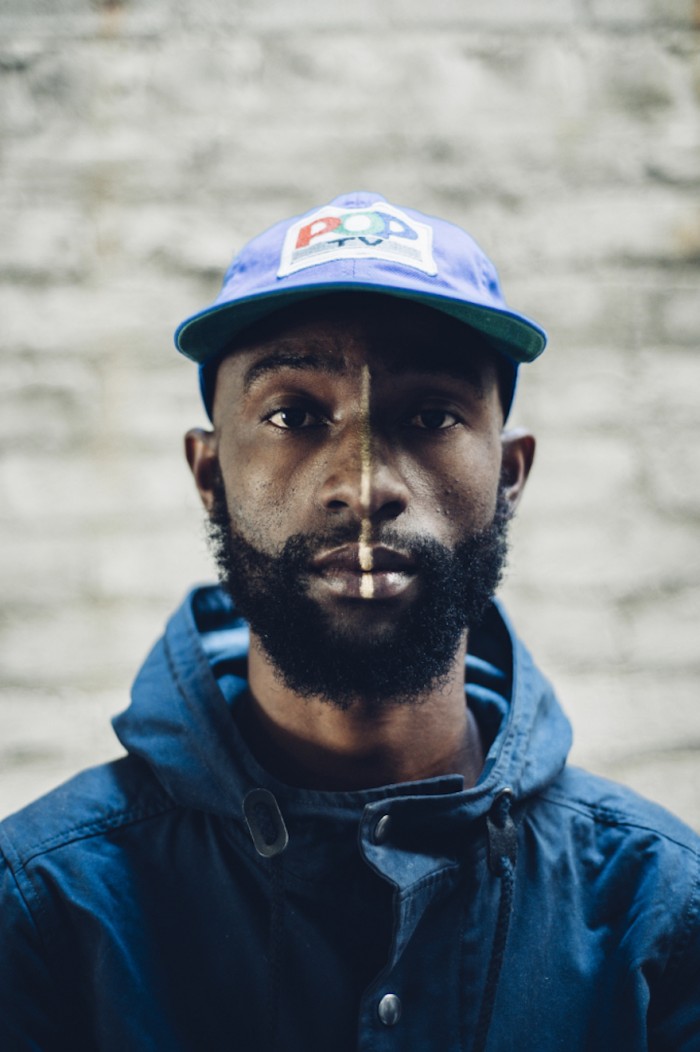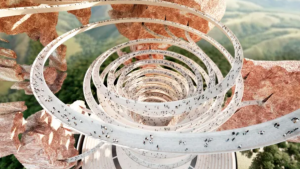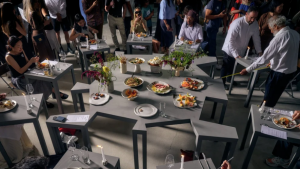Soweto-based creative Puleng Mongale just released the second part of her ongoing photographic series Intimate Strangers. Quieter and more self-reflective that the first part, this second part explores a more personal feeling that Mongale has: a yearning for connection to and guidance from the ancestors.
The images present a particular type of spirituality: the burning of incense to facilitate communion with the spirits. In many communities, this practice is reserved for traditional healers and is often associated with witchcraft. In “I don’t walk alone”, the contemporary clothed characters reclaim this ritual for themselves, and Mongale hopes to show that no matter how modern we become, our past still walks beside us.
Tell us about the inspiration and the name of the second part of your series, I don’t walk alone?
Andihambi ndedwameans “I don’t walk alone”. I took this line out of Thandiswa Mazwai’s song "Abenguni" (listen at the bottom of the article). In an attempt to summarise the meaning of the song, she writes: “I/we are not alone. We come from a long and proud history. We have ancestors from the beginning of time who continue to bless and guide us”.
This entire album has been a guiding light in helping me rationalise the constant yearning I have to stay in touch with my ancestors. There was finally a contemporary musician who decided to talk about this [spirituality] in a society where black people still have to explain to other black people why they smell of impepho (incense), for instance.
Of all the ways I’ve been taught how to “pray”, I’ve found the most comfort in doing it this way – burning incense and appealing to my ancestors, and I can’t always be this open about it in my community. For the longest times we’ve been taught that this is a practice reserved strictly for Sangomas and traditional healers (who are always associated with witchcraft) and I’m learning that this isn’t true.
Does it relate to part 1 (“When the madam is away, the help will slay”) at all?
Part 2 is a totally different dialogue. Part 1 was easier to relate to because everything about it was blatant (through the choice of props, attire, etc). Part 2 is more spiritually inclined; it’s personal. It’s about how, despite living in the most urbanised set-up, my ancestors continue to walk this life journey with me, regardless of the space I am in and how foreign it may be to them, somehow they always manage to accompany me. And it really is a two-way relationship; they cannot do what they do for me without me playing my part. Which means listening, inviting them into my life and doing the necessary rituals.
Who are the characters? Are they meant to be brothers or shadows/reflections of each other?
I shot the two characters in Jeppestown – a very industrial area. I wanted to show how regardless of how modern we become, the past still finds its way existing in the present (our ancestors can always identify us, they know us, regardless of the many forms and roles we keep assuming). We are not alone. How dare we think that our ability to survive can only be attributed to our “intelligence” alone? Even when we find ourselves navigating spaces that weren’t built with our best intentions in mind? So the two guys never find themselves alone and yes, sometimes they are each other’s shadows (guidance, protection). The fact that they look alike is very deliberate and Part 3 will help make sense of this.
In the first part there was a lot of laughter, this second part is more serious. Why?
There was a lot of laughter in the first one because the “help” were having the time of their lives, the same can’t always be said when one is seeking meaning and belonging in the parts of the world that they occupy. To get to this point (where I have the kind of relationship that I have now with my ancestors) wasn’t easy…it was dark and confusing. I fell ill and I was very depressed until I visited a traditional healer and all he said was that my ancestors have been trying to communicate with me and that it was up to me to keep the lines of communication open.
My mother didn’t know what to say and my dad was confused because society doesn’t teach us about this part of our blackness. Maybe our parents want to protect us from societal judgements but had I grown up this way then this life would be pretty normal to me by now but I’ve only just started learning and un-learning.
To see the full series visit Mongale's blog, Where It Rains.

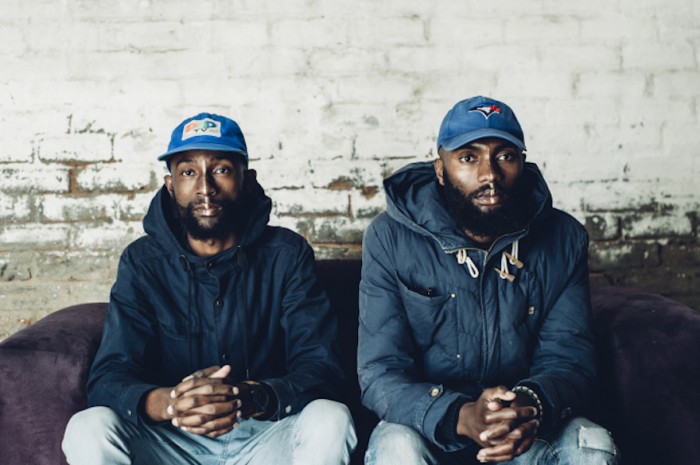
![<p><strong>Tell us about the inspiration and the name of the second part of your series, <em>I don’t walk alone</em>?</strong></p><p><em>Andihambi ndedwameans</em> “I don’t walk alone”. I took this line out of <a href="https://www.youtube.com/watch?v=5zHlZ7c9FVE" target="_blank">Thandiswa Mazwai’s song "Abenguni"</a> (listen at the bottom of the article). In an attempt to summarise the meaning of the song, she writes: “I/we are not alone. We come from a long and proud history. We have ancestors from the beginning of time who continue to bless and guide us”.</p><p>This entire album has been a guiding light in helping me rationalise the constant yearning I have to stay in touch with my ancestors. There was finally a contemporary musician who decided to talk about this [spirituality] in a society where black people still have to explain to other black people why they smell of impepho (incense), for instance. Intimate Strangers by Puleng Mongale: I don't walk alone](https://www.designindaba.com/sites/default/files/styles/scaledlarge/public/node/news/22321/gallery/now2.jpg?itok=KUnDwboo)
